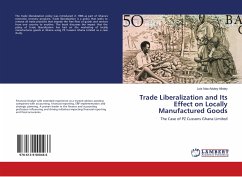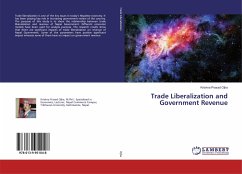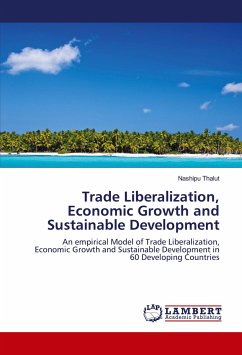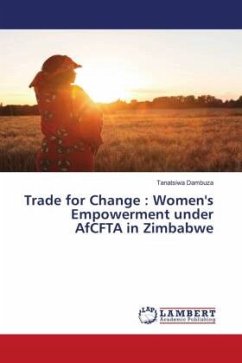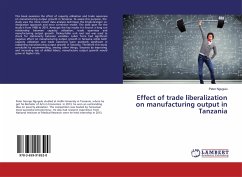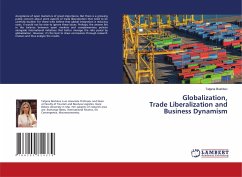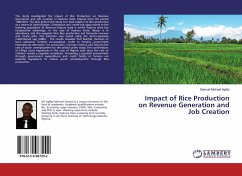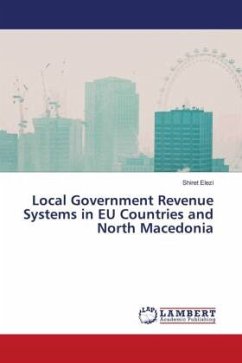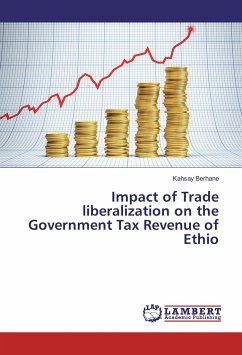
Impact of Trade liberalization on the Government Tax Revenue of Ethio
Versandkostenfrei!
Versandfertig in 6-10 Tagen
24,99 €
inkl. MwSt.

PAYBACK Punkte
12 °P sammeln!
After the military regime relinquished political power in 1999 and the new government took over the power and initiated a wide range of reform programme some of which are directly related to trade liberalization.In this Book a two-sector, three-goods simple Computable general Equilibrium (1-2-3 CGE) model, developed by S.Devarajan et.al. at the World Bank was used to analyze the impact of trade liberalization that is the reduction of the tariff rate in three scenario on government tax revenue and saving of Ethiopia. Moreover, it examines the coordination of domestic tax and trade tax without a...
After the military regime relinquished political power in 1999 and the new government took over the power and initiated a wide range of reform programme some of which are directly related to trade liberalization.In this Book a two-sector, three-goods simple Computable general Equilibrium (1-2-3 CGE) model, developed by S.Devarajan et.al. at the World Bank was used to analyze the impact of trade liberalization that is the reduction of the tariff rate in three scenario on government tax revenue and saving of Ethiopia. Moreover, it examines the coordination of domestic tax and trade tax without affecting the total tax revenue of the country using the 1-2-3 CGE model.




